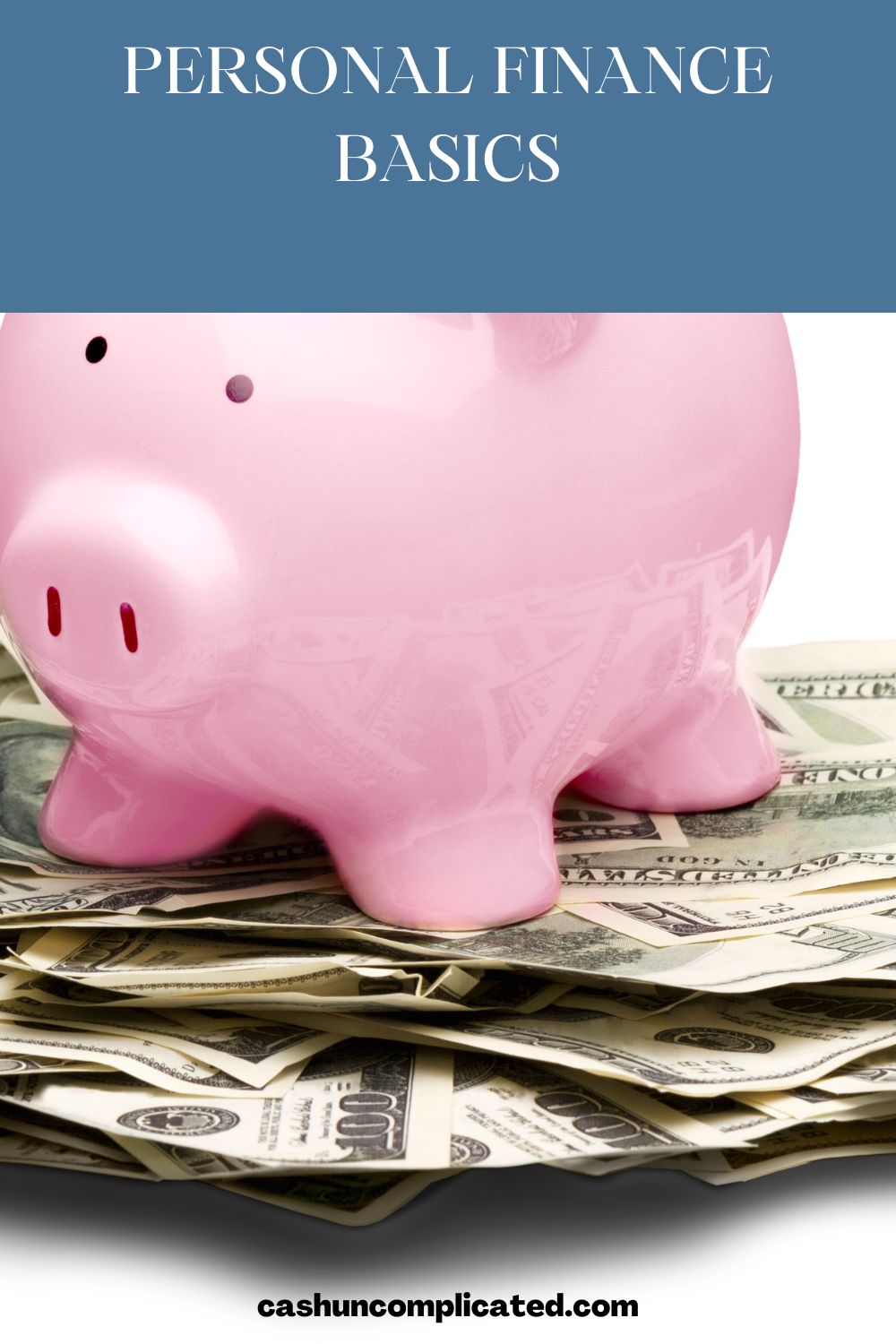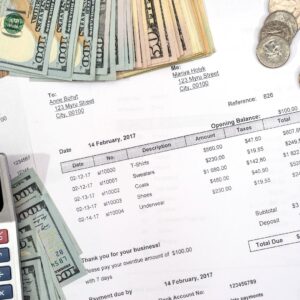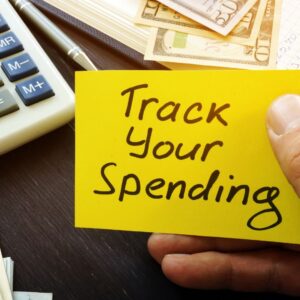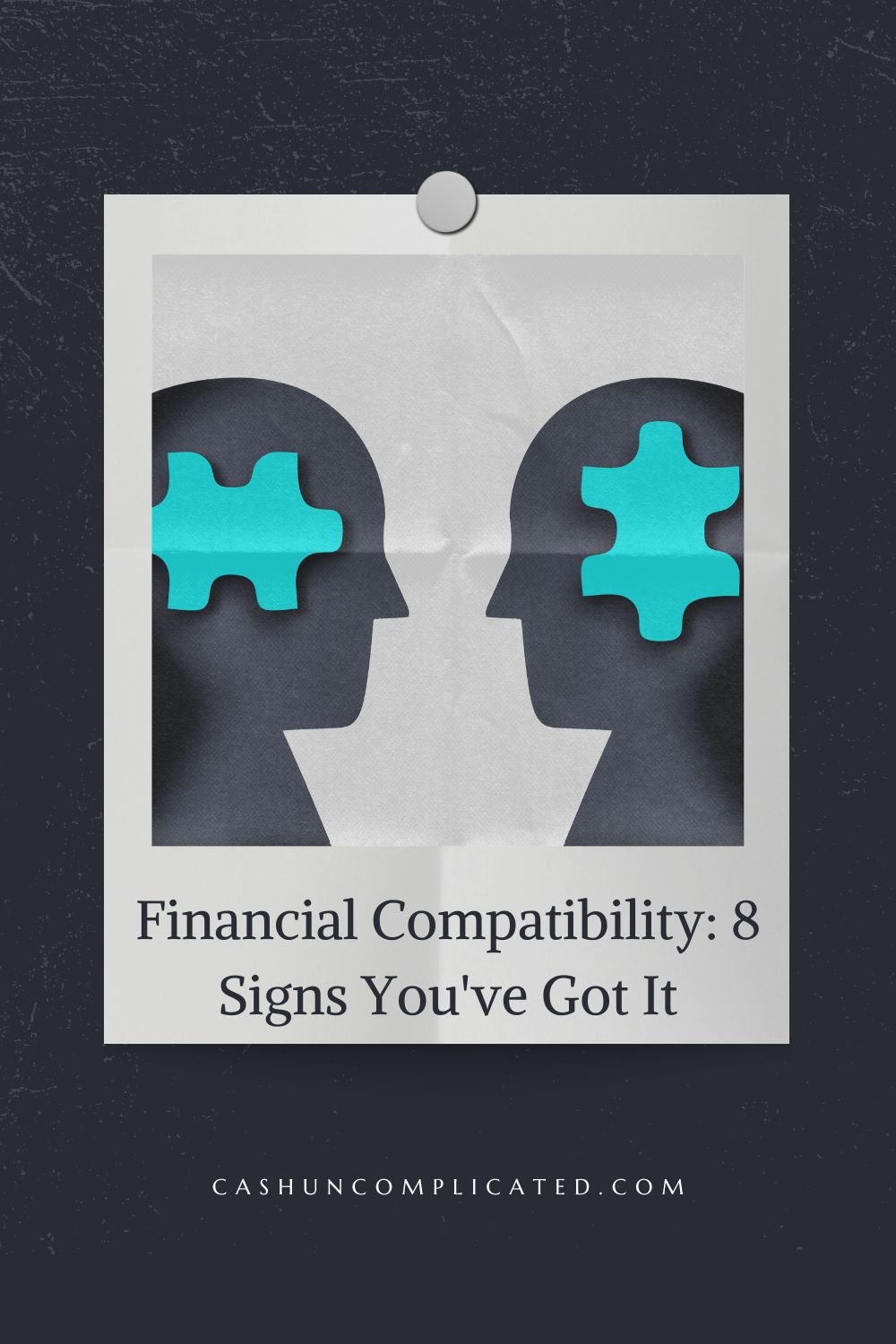It’s easy to lose sight of the personal finance basics. Everyday we’re inundated with information about a new financial product, different types of investment strategies, AI generated investment models, etc. It’s a lot of information that can quickly become overwhelming.
Why Go Back to the Basics?
It’s important to pause and go back to the personal finance basics. For example, if you don’t have a simple bank account, you’re not going to be making sophisticated investments. And if you don’t have an emergency savings, trying to build a real estate or stock portfolio isn’t going to happen as smoothly or safely.
The basics are the foundation of the pyramid that supports all the other things. Foundational pieces like an emergency fund and a system to regularly pay bills is the lifeblood of your financial life. Without simple pieces like this, the whole structure collapses and you’re left with the pieces to pick up.
Think Simple
Whether it comes to money or anything else in life, I like to think simple. If the lawn mower isn’t running, check to see if there’s gas. Or if your computer isn’t running right, try restarting it. Going back to the personal finance basics is the simplest form of action you can take.
Personal Finance Basics
These are the personal finance basics–the starting point if you’re just beginning to learn about money. It’s not meant to be an exhaustive list, but to give you a start of where to go if you’re just beginning.
Number 1: Open Up a Bank Account
The first thing anyone should do is open up a bank account. This prevents having to go to a check cashing place that charges a high percentage of your paycheck. While I understand that banks make money off your money, there currently isn’t a better alternative.
I see people using these check cashing services and want that practice to stop. It’s your hard-earned money that is already taxed. Don’t add another layer of fees to it.
Number 2: Create an Emergency Fund
The future is unpredictable. In fact, the only thing that is predictable is that the future will be unpredictable. For this reason, everyone should have an emergency fund.
Some examples of unpredictable events:
- Losing a job or your company going under
- A large unexpected bill
- A global event like COVID
- Long-term illness
It’s not a matter of if an emergency will come up, but when. Having the money set aside for such events will help you sleep better at night and are the foundation to a healthy financial life.
For how much to save in an emergency fund, check out some of my other posts on the subject.
Number 3: Develop a System to Pay Bills
We’re not in the 1980’s anymore. Pretty much any bill can be automated or paid for without having to think about it. Gone are the days where you have to remember to cut a check to the utility company.
Create a system to pay the bills–set up autopay directly with the company or set up a billpay system within your checking account. Make it easy and make it automated.
In my opinion, one unintended consequence to this ease of use is losing track of where your money is going. So continue to track where and how much you’re spending on monthly bills like internet, electricity, water, etc.
Keep watch for sudden spikes like when your water bill quadruples, indicating a possible leak.
Number 4: Know Where Your Money is Going
It’s important to know where your money is going. As aforementioned, with so much automation, it’s easy to lose track of your monthly bills. Take a few minutes every month to scan your bills to make sure everything looks good.
For example, your internet or TV subscription jumping from $45 to $90 per month might indicate your promotional rate expired and it’s time to negotiate a new rate. Or for non-essentials, even drop the service altogether.
Or a large increase in your electric bill might indicate some inefficiency in your use or a mechanical defect. Point is to keep track of big jumps.
Number 5: Develop the Saving and Investing Muscle
Regularly saving and investing is a habit. Just like going to the gym or working out somewhere else, it takes some effort and a mindset that you are going to do it.
To make the habit easier, automate your savings and investments. Set it up so that a percentage of your income is taken from your paycheck (or other source of income) every month and put into savings and investments. Then (especially in the case of investments), make sure not to touch it.
It can be tempting to see a big pile of cash you’ve saved up for the last four months and try to use it to buy something you don’t need. But avoid that temptation and continue to let your savings and investments grow.
Number 6: Pay off Consumer Debt If You Have Any
There’s an expression that you can’t “out-invest” consumer debt. Since most consumer debt has interest rates in the high teens or low twenties, that would mean you have to find an investment that beats that. Which is very difficult to do.
Rather than pull your hair out trying to find an investment that gives you over 20 percent returns, simply pay off any and all consumer debt. You’l also eliminate those cumbersome monthly payments, allowing yourself to save and invest more. Or just have more money in your pocket to spend as you like.
So pay off consumer debt and put yourself in a position to succeed financially. As well as take out the stress of monthly payments and constantly being in the hole.
Conclusion
Personal finance basics aren’t exciting or sexy, but they are a foundational piece to your success with money. When the basics are covered, other things start to fall into place.
Ever notice that when you have a good emergency fund, the big emergencies don’t seem to happen as frequently? Or that when you have three to six months of cash in the bank, you’re not as worried about a job loss or things going wrong?
Covering the personal finance basics means you are prepared. And preparation usually equates to success, or at the very least, the path to success.
What other kinds of personal finance basics would you include in this post?











